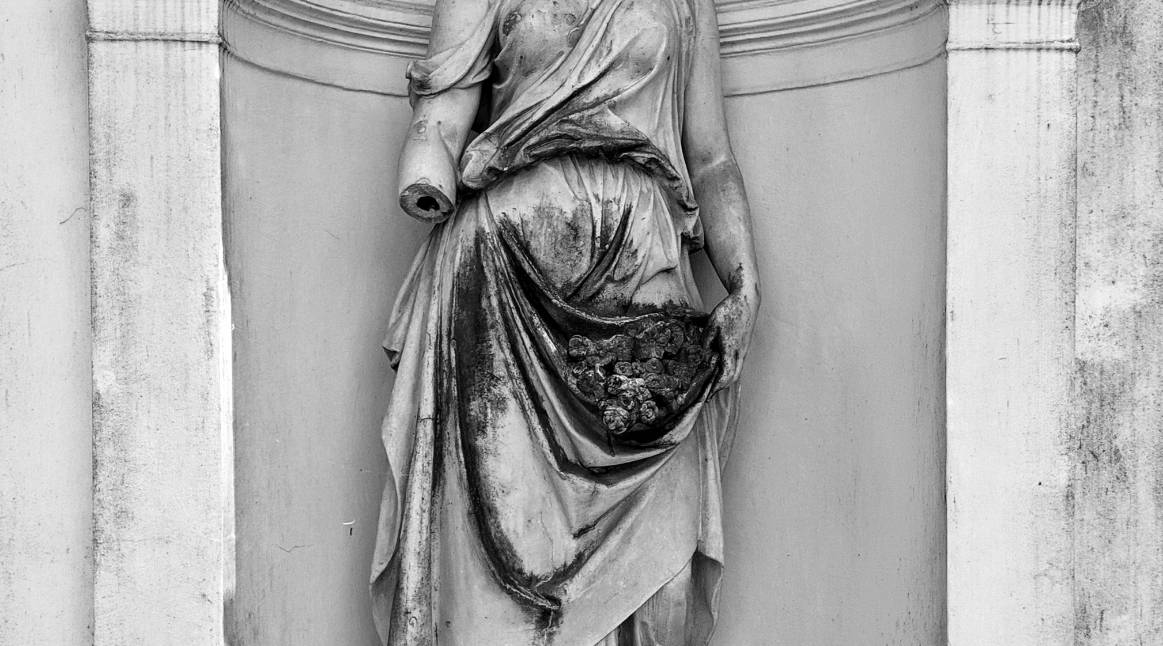
Poland
Capital city — Warsaw
Country population
i08/2019Incarceration rate (per 100,000 inhabit…
i07/2020Type of government
Human Development Index
Name of authority in charge of the pris…
Ministry of JusticeThe prison admini…
i(Ministerstwo Sprawiedliwosci)Total number of prisoners
i07/2020Average length of imprisonment (in mont…
Prison density
i07/2020Total number of prison facilities
i2018An NPM has been established
Female prisoners
i07/2020Incarcerated minors
i2017/ Central Council of Penitentiary Services - Bureau of Information and StatisticsPercentage of untried prisoners
i07/2020Death penalty is abolished
yes, since 1997The last executio…
Latest updates
Several thousand individuals suffering from mental disorders are held in special units, also under the responsibility of the Ministry of Justice. Some mentally ill prisoners do not have access to these units.
-
Representatives of the Polish Commissioner for Human Rights visited the Gostynin “National Centre for the Prevention of Anti-Social Behaviour” (NCPAB). They discovered that the recommendations put forward in 2019 were not all implemented. There is still overcrowding, with 91 people in a facility meant for 60. The head of NCPAB pointed out that it is impossible to provide necessary treatments under the present conditions. The lack of spaces is causing numerous conflicts.
Body search procedures are defined by the Regulation on methods to protect penitentiary units and the Penal Enforcement Code.
Prisoners are subjected to a brief search before leaving or coming back to their cell and before leaving or coming back to their place of work (Article 70).
Strip searches are allowed. Guards are required to wear badges identifying them and to keep these badges visible during these searches.
Prisoners with “N” classification are subjected to body searches before leaving their cell or re-entering it (Article 88b-1 of the Penal Enforcement Code).
The regulations of the Ministry of Justice, dated 17 October 2016, prohibit guards from performing body cavity searches.
-
Body searches are being conducted without enough justification and prisoners are unable to contest the practice. The Human Rights Commission emphasized the need to “guarantee an effective legal control mechanism for the legitimacy, legality and regularity of strip searches”. One appeal was filed with the European Court of Human Rights: a prisoner complained about the violation of his right to privacy.
The internal regulations define the modalities for filing complaints and the administrative body responsible for examining them.
Complaints and requests must be examined without undue delay, no later than 14 days after the notification of receipt. This period can be extended in justified cases.
The Regulation of the Ministry of Justice of 13 August 2003 on the modalities for the examination of applications and complaints of untried prisoners and inmates (OJ 2013, 647) constitutes the specific provisions in this matter.
Complaints are handled by:
- the prison governor, if the complaint is addressed directly to him and concerns a transfer issue or the behaviour of an employee or an official
- the regional director of the prison administration, if the complaint concerns the activity of an establishment under his administrative supervision
- the director general of the prison administration or a person designated by him, if the complaint concerns the activity of the regional management of the prison administration
- the Minister of Justice or a person designated by him, if the complaint concerns the activity of the central management of the prison administration
Inmates can file complaints with a judge against a decision of the prison governor or the general or regional management of the prison services. Individuals deprived of liberty can also file complaints with the European Court of Human Rights and the United Nations Human Rights Committee. Although there are several methods of filing complaints, inmates rarely see results, meaning they do not have effective options for responding to violations of their rights in detention.
-
Some prisoners filed a complaint to the Human Rights Commissioner denouncing the banning of transfers to a facility in another European Union member state. The ban, which is included in the Polish Penal Procedures Code, is contrary to a framework decision made by the European Union in 2008. The Human Rights Commissioner called on the Ministry of Justice to amend this clause.
Inmates can file complaints against the prison administration. The most common reasons for complaints are living conditions, ill-treatment, and health care. Complaints must include justification and must conform to administrative standards1. Complaints will not be examined if they:
- contain vulgar words or profanity, insults, or slang
- are based on recurring circumstances and events or that have already been the subject of a complaint
- are deemed to have insufficient motivation2
Helsinki Foundation for Human Rights, “Report on the Human Rights of Persons Deprived of Liberty”, 2017, p. 17. ↩
Central Board of the Prison Service, “Guide for Foreign Inmates”, 2017, p. 9. ↩
-
The human rights commissioner (Rzecznik Praw Obywatelskich) has received numerous complaints from inmates about hygiene conditions in prisons, and the absence of measures to prevent the spread of Covid-19. The inmates have claimed that they lack toiletries, cleaning products and hot water. They have stated that it is impossible for them to observe social distancing in their cells, in the showers, in the canteen or in the exercise yard. Those inmates who are ill with possible Covid-19 symptoms have allegedly not been tested. The prison facilities and the telephones are purportedly not being cleaned regularly. Access to medical care and legal advice has become more difficult for prisoners during the lockdown. The inmates are reportedly unable to work and are therefore deprived of a source of income. Measures intended to maintain contact with families, such as longer, more frequent phone calls, have not been applied consistently. The commissioner has demanded an explanation for these allegations from the prison authorities.